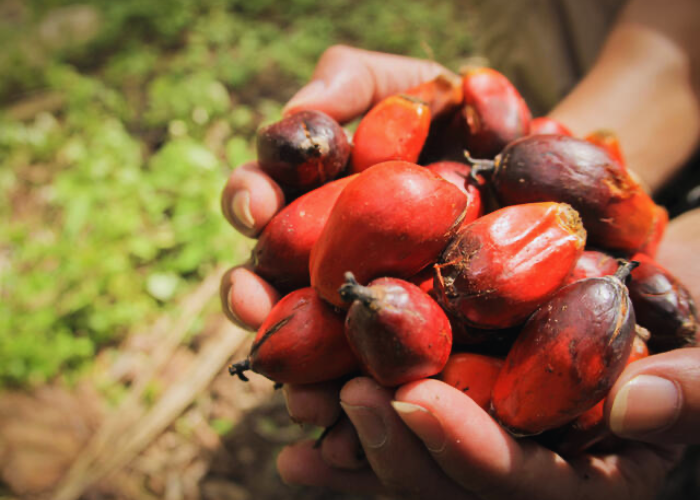EUDR and the case of sustainable palm oil
- 9 May 2023
- Posted by: Competere
- Categories: highlights, Media, News, SUSTAINABLE NUTRITION

As we have been saying for some time now, scientists and NGOs such as WWF confirm that the only real alternative to palm oil is sustainable palm oil. This is what emerged during the webinar organized by the Unione Italiana per l’Olio di Palma Sostenibile, dedicated to an in-depth analysis of the implications of the EUDR for the sustainable palm oil supply chain.
DEFORESTATION: THE EU’S ACTION
Deforestation is a serious problem: between 2005 and 2018, approximately 210,000 hectares of land were deforested. Of these, about 95% can be attributed to 10 agricultural products, and 75% is linked to soy, palm oil, wood products, and beef. To address this issue, the EU developed a regulation aimed at combating deforestation and forest degradation, the EUDR. This regulation ensures access to the European market for sustainable commodities. Specifically, by 2030, the aim is to reduce degraded or deforested forest areas by 72,000 hectares.
The regulation requires companies to provide transparent information about their products, including their origins, and to exercise due diligence on their supply chains, identifying and mitigating the risk of deforestation in their products. Real-time monitoring systems, such as those offered by companies like Satelligence, will be essential in this regard.
WHAT ARE THE CHALLENGES
However, while the underlying goal is commendable, there are some issues that remain open. First, the regulation is very ambitious, and there will be difficulties in its implementation and monitoring. Additionally, there is a risk of winners and losers: while large companies may be able to adapt easily, SMEs may be disadvantaged due to limited resources. Furthermore, there is a danger of creating a dualistic market, where products that comply with the EUDR regulation will be destined for the European market, while non-compliant products will be sold elsewhere.
THE CASE OF PALM OIL
In recent years, palm oil, alongside soybean oil, has been identified as a major driver of deforestation. As a result, it has been subject to numerous criticisms and boycott campaigns. Companies have reacted to these criticisms in two opposite ways: some have chosen to continue using the commodity, provided it is sustainably certified and thus deforestation-free; others have decided to replace the product with three “alternatives” – soybean, rapeseed, and sunflower – with similar organoleptic characteristics and more readily available (at least until the outbreak of the war in Ukraine). The question naturally arises: does it make sense to replace palm oil with another commodity?
SUSTAINABLE PALM OIL
It is true that palm oil, like all other commodities, can have devastating impacts on forests, species, and communities if produced irresponsibly. However, in addition to being the most consumed vegetable oil in the world, it is an extremely sustainable ingredient when it comes to efficiency in production and consumption of available agricultural land – using 4 to 10 times less land than other agricultural products. Furthermore, in recent years, not only has the trend of deforestation decreased significantly and constantly, but the supply chain has invested heavily in sustainability, equipping itself with many certifications.
On the other hand, other raw materials such as soybean, rapeseed, and sunflower oil, which are mistakenly thought to be valid alternatives to palm oil, are not. Replacing it would only shift the impacts to other value chains. With a greater risk: these, in fact, are less sustainable than palm oil.
Image credits: courtesy of WWF >>>
